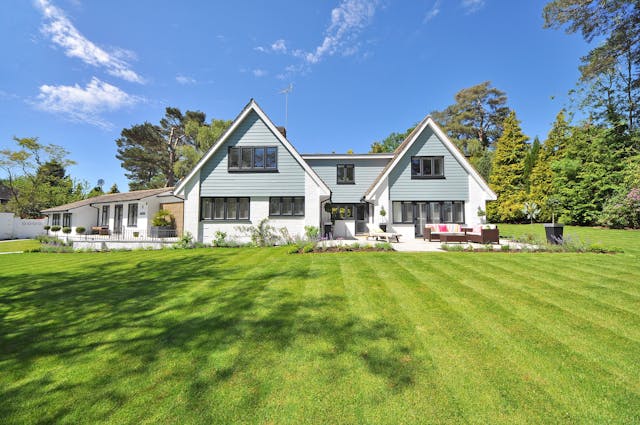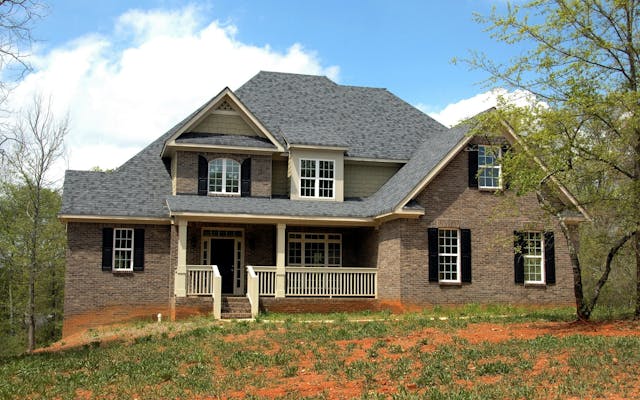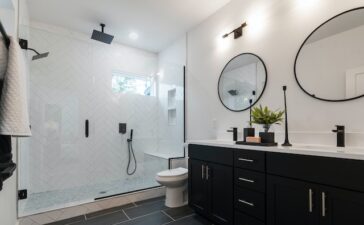Steel window shrouds are an architectural element that combines aesthetics, functionality, and durability uniquely. These shrouds, also known as window canopies or hoods, have gained popularity in contemporary and traditional building designs due to their versatile applications and the benefits they offer. Whether for residential, commercial, or industrial buildings, steel window shrouds provide a sophisticated solution that enhances the visual appeal of structures while offering practical advantages.
The aesthetic value of steel window shrouds cannot be overstated. These architectural features add a modern and sleek look to buildings, creating a harmonious balance between form and function. Steel, with its clean lines and smooth finish, exudes a sense of strength and elegance that complements various architectural styles. The material can be fabricated into different shapes and sizes, allowing for customized designs that fit the specific needs and preferences of a project.
Moreover, steel window shrouds are available in a variety of finishes, including brushed, polished, and powder-coated options. The versatility of steel as a material allows for seamless integration with other building elements, such as glass, brick, or wood, further accentuating the architectural vision. This adaptability makes steel window shrouds a popular choice for both contemporary and traditional designs, where they can either stand out as a focal point or blend in harmoniously with the overall aesthetic.

In addition to their visual appeal, steel window shrouds offer several practical benefits. One of the primary functions of these shrouds is to provide shade and reduce solar heat gain. By projecting outwards from the window, they create a barrier that blocks direct sunlight, helping to keep interiors cooler and reducing the need for artificial cooling. This energy-efficient feature is particularly valuable in climates with hot summers, where controlling indoor temperatures can significantly impact energy consumption and costs.
Another important advantage of steel window shrouds is their durability and low maintenance requirements. Steel is a robust and long-lasting material that can withstand harsh weather conditions, including strong winds, heavy rain, and snow. Unlike wood, which can warp or rot over time, or aluminium, which may dent or corrode, steel remains intact and retains its structural integrity for decades. This longevity translates to lower maintenance costs and fewer replacements, making steel window shrouds a cost-effective investment for building owners.

The installation of steel window shrouds also offers practical advantages in terms of building maintenance and longevity. By shielding windows from the elements, these shrouds help to prevent water infiltration and reduce the risk of damage to the building envelope. This protective function is particularly beneficial for windows that are exposed to heavy rainfall or snow accumulation.
Furthermore, steel window shrouds can improve the acoustic performance of a building. In urban environments where noise pollution is a concern, these shrouds act as a buffer that helps to reduce the transmission of external noise into the interior spaces. This noise reduction feature enhances the comfort and livability of buildings, particularly in areas with high traffic or industrial activity.
The environmental benefits of steel window shrouds are also worth noting the use of steel window shrouds can contribute to sustainable building practices by reducing energy consumption and minimizing waste. Additionally, many manufacturers offer steel products that are made from recycled materials, further promoting environmental responsibility.





